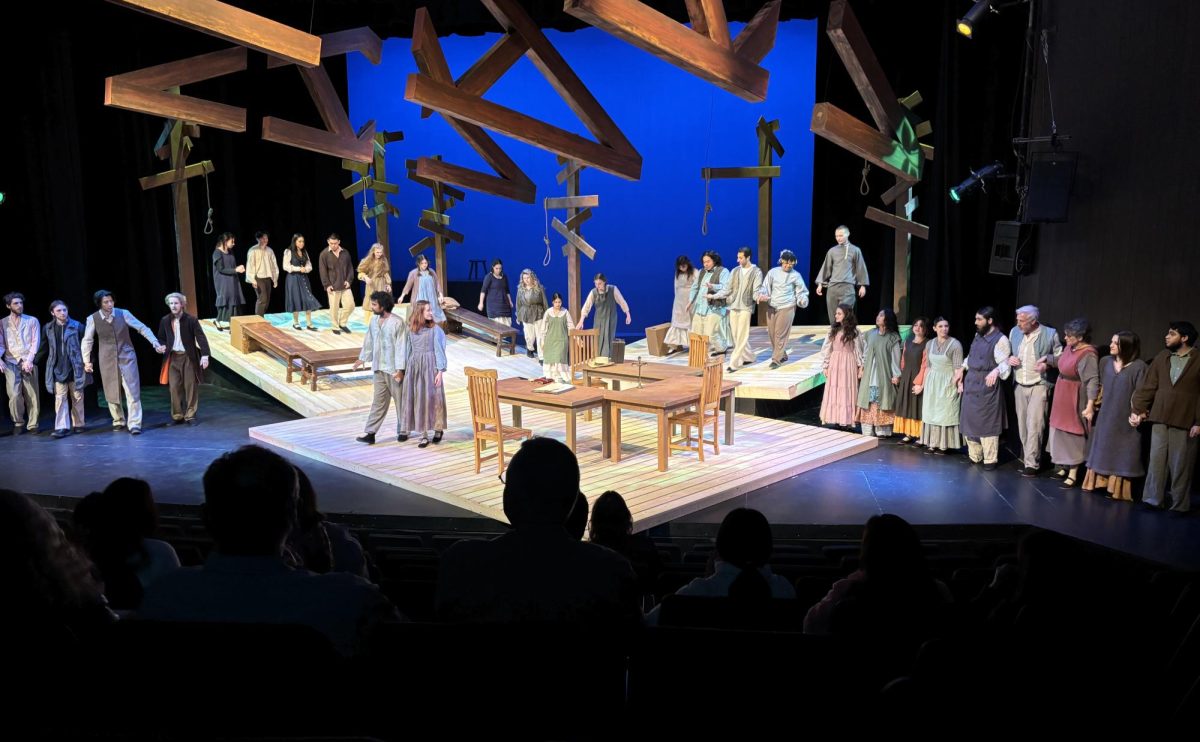Americans’ faith in the integrity of elections has plummeted since 2020, with a recent poll from Gallup showing that only 57 percent of voters feel confident in the electoral system heading into the November presidential election.
Perhaps unsurprisingly, the poll found a major partisan split, with 84 percent of Democrats saying they trusted elections compared with only 28 percent of Republicans who said the same. Gallup found that Republicans’ dwindling trust comes after former President Donald Trump’s recklessly disputed loss in the 2020 election.
On a local level as well, growing skepticism about election integrity—specifically the need for greater transparency in counting votes—has also increased, said Kristen Connelly, clerk-recorder and registrar of voters for Contra Costa County.
In the 2022 midterms, the county’s election department started its own Certified Election Observer (CEO) program to educate the public and give citizens a “behind the scenes” look at the election process, assuring voters that every ballot cast was accurately and fairly counted.
“Our whole trust and elections campaign is meant to encourage people to participate in things like the Certified Election Observer program, and to have people come to our office and observe our processes,” Connelly said in a recent interview.
Now, according to Connelly, local people’s confidence in the system appears to be on the rise after the launch of the program and multiple ad campaigns detailing the functioning of election systems.
“What we’re finding from our surveys [about] trust in elections is that when people watch our ad describing what our elections processes are, their trust in what we do goes up,” Connelly said.
She emphasized the need for programs that increase public trust in elections after so much contention, whether well founded or not, following the 2020 election.
Connelly added, “It’s really hard when there are very, very large megaphones that are casting doubt on what my profession is doing,” she said, referring to widespread misinformation about voter fraud.
“I try to do all that we can to just invite people in, give them the information, and hopefully, they’ll be open to it,” she said.
The CEO program, held at the Contra Costa County Elections building in Martinez, takes voters through the registration process and includes poll worker training classes, machine accuracy testing, facility tours, and ballot box collection procedures.
People enrolled in the program also learn about vote-by-mail scanning, signature checks, ballot tabulation, provisional and reconciliation ballots, polling place supplies, and methods for tallying up one percent of the votes manually.
Twenty years ago, former California Gov. Arnold Schwarzenegger banned paperless voting after Diebold voting machines experienced multiple glitches, causing some polling places to turn voters away. Contra Costa County has always had paper trails regardless of the way voters cast their ballots, Connelly said.
Physical records and paper ballots seem to ease some fears about electronic voting machines and their potential hackability, she added.
“There is a comfort and a traceability about paper that people want to see,” Connelly said.
One participant in the CEO program, who preferred to remain anonymous, confirmed this sentiment.
“I’ve always liked voting on [a] paper ballot,” he said. “It feels more secure knowing there is a physical record of my vote.”
Reflecting on his experience in the program, the participant added, “It’s one thing to hear about secure elections, but seeing the process firsthand put my mind at ease.”
Connelly said this sense of security and trust in electoral transparency is exactly what the CEO program aims to instill in voters.
“Our representative democracy depends on the consent of the governed, and it’s an honor to be a part of the team of people, of elections officials, that are administering elections so that we can remove as many barriers as possible so that every eligible voter can cast their vote,” said Connelly.
“I believe in radical transparency.”







































































